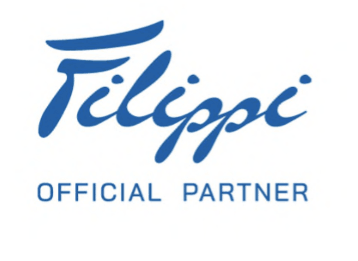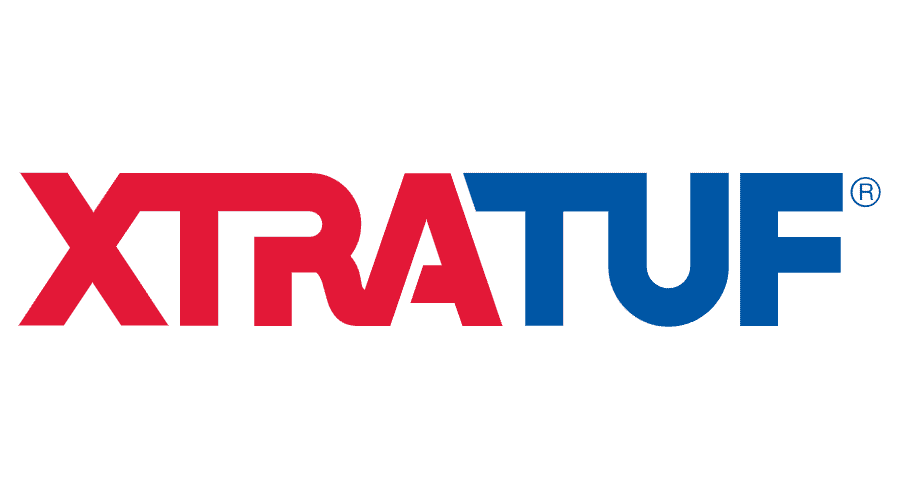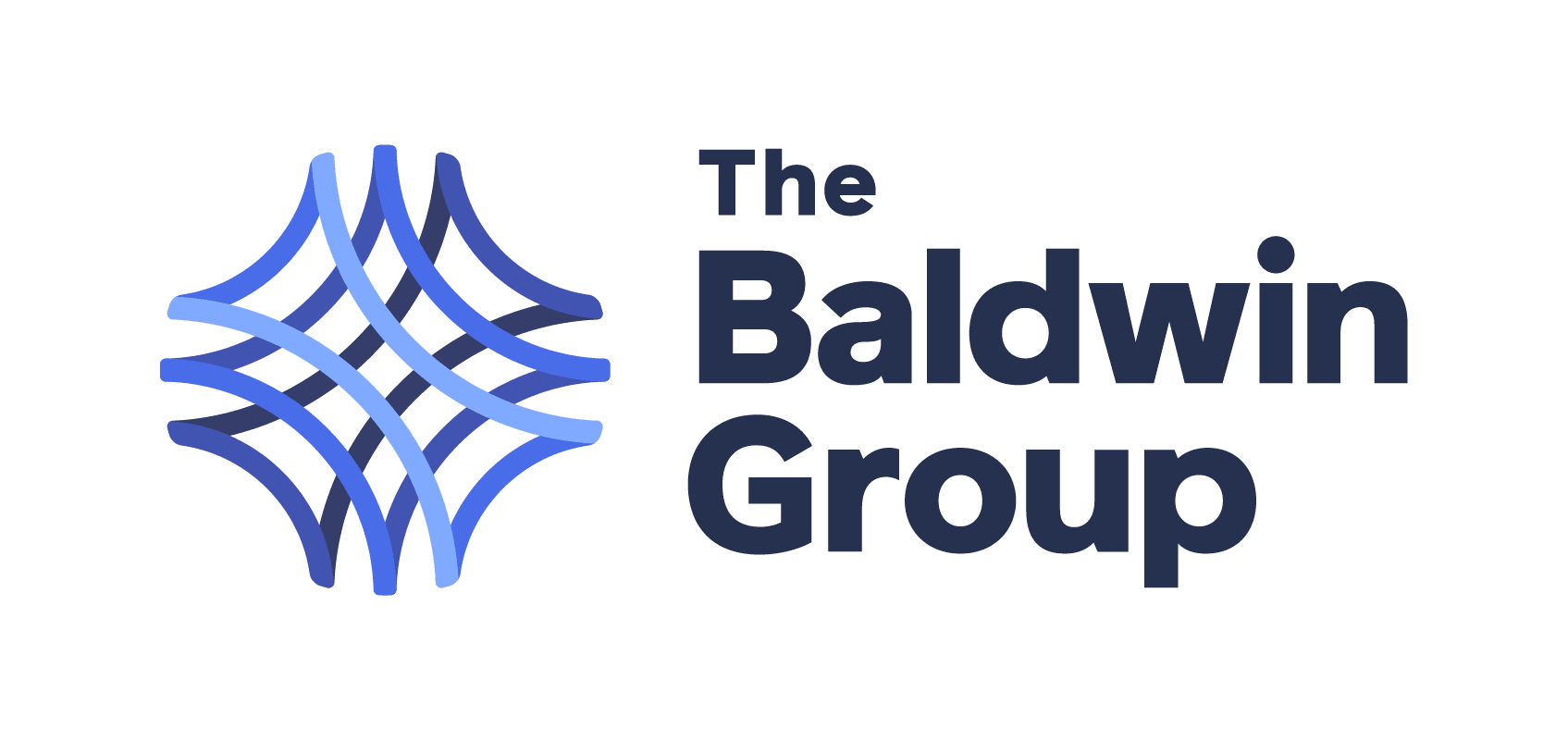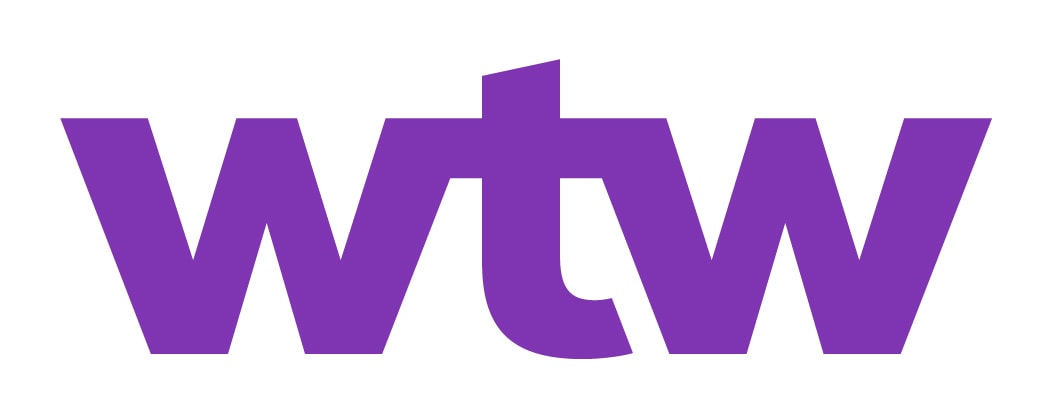
Mar 06, 2024
Celebrating Women's History Month: Meet Shelagh Donohoe
Shelagh Donohoe is the head coach at the University of Rhode Island. She coached the Rams to nine A10 Championships and won A10 Coach of the Year seven times. She coached the PR3 four with coxswain to silver at the Tokyo 2020 Paralympics. Donohoe won a silver medal in the women's four at the 1992 Olympics.
You began rowing as a walk on in college; what inspired you to try and stick with the sport?
I didn't have intentions of rowing when I went to college. I played just about every sport in high school. I got to college and rowing was the only sport you could walk on to. I was asked to try rowing and it was crazy because it was in January, but I got through winter training and never stopped.
Your Olympic journey was one of grit. Can you speak to how you fought for your seat?
One thing for me is I always knew I pulled hard. I wasn't the prettiest rower, but I could outlast people and that is something I had to my advantage.
A friend of mine was rowing down at Weld, that was where the training center was at the time. I had just graduated and she said I should try out. I contacted the then coach, Holly Metcalf, now a good friend of mine, and she told me I could come down. I sat in the launch every day for two weeks and never got in a boat. Finally, she was seat racing and I went to her and I said, "Holly, I can't get any lower than I am. I'm not even in a boat. Can I get a shot?" She said yes and gave me a shot. I knew if I lost, I was out, so I took advantage of the opportunity. I beat my first person in a seat race and then I got seat raced again and beat the next person and the next one.
I ended up making a boat and went to worlds. I medaled at worlds in 1990 and 1991, and in 1992, I received a silver medal at the 1992 Olympics.
Your Olympic final was incredibly close. Can you tell us about that race?
We knew we had good speed, but at the Olympics, it's a different ballgame. Everyone is fast and the margins are very tight. In the final, we knew we would have to have a pretty close to perfect race, and we had prepared and were pretty composed. We duked it out knowing we needed a good start and that we would not be able to come from behind. We managed it, but it was four boats within two seats of each other for the whole 2,000 meters. We were in the straight four and had to keep track of where we were in the course and what place we were in. I remember everyone started to sprint, and it was before the last 500, probably 600-650 to go. Everyone started to go, and we had to go with them to keep our bow where it was. We were going and going and everyone lost track of where we were in the race and everyone was coming at us. In this stage, we were pretty even with Canada and in the last 10 strokes, Canada pulled out a little bit, and we kept our bow in second. At the end of the race, it was a photo finish. All four boats crossed and no one knew what place they got, whether they won or got fourth. At that point, I was just saying my prayers and just wanted anything but fourth. The relief of getting silver.
We had the best race of our lives and hats off to Canada. They were a second faster than us, and I don't know if we could have found another second to go faster.
If you race a race like that and you can say that, then that is a pretty good race. I am very proud of how we raced that race. I had incredible teammates. We got along and we pushed each other and had a lot of fun along the way. People always talk about the process. When you are in the process, it is not fun to be when you are in it, but after you can look back and know the process is what it is all about. I was pretty successful, and I'm proud of where I ended up.
Amy Fuller Kearney was a teammate of yours and a coaching peer. Can you speak to who she was and the impact she had on you and the rowing community?
Amy was a force to be reckoned with, be it in the boat or as a coach. She was very hardworking, but when she got out of the boat, she liked to have fun. I remember we would be battling it out, doing piece after piece, and then we would come in and we would play hours of hacky sack. She loved to sing and play her guitar. There was a whole other side to Amy a lot of people didn't know. She was a fierce competitor but loved to have fun. When I think of her, I think of someone who enjoyed putting herself in a hole and pushing herself to a limit that a lot of people can't go. That's what I think of Amy; she was able to go hard for a long time and enjoyed the process of working her way through it. I think that is what made her such an incredible rower. As a coach, she was able to teach her young women to be able to do the same thing. Her legacy lives on in all the people she rowed with, all the people she coached, and her daughter.
What is your coaching philosophy?
I think grit is a part of it. You have to work hard, and you have to be consistent. I want to teach these young women that they can do more than what they think they can. I want to be able to work with them to integrate the hardness with being positive and making these kids confident in what they can do. That is why I enjoy coaching. I want to leave this world having instilled some of these things in the world to make these women strong leaders and make this world a better place with my influence.
You have been a part of a community of incredibly strong women as an athlete and as a coach. How has that impacted you?
I have had a lot of good coaches in rowing and in other sports. As I moved up the ranks, I was supported by so many great women. I coached with Carrie Graves and Liz O'Leary. Just like what I have tried to do, they have been able to help me out and set me on the way in the coaching world.
When I made the national team, our coach wasn't big into rigging. We had to learn how to rig our boats, and I needed to learn, so I called Liz O'Leary and Holly Hatton and they gave me a lesson in rigging and taught me so much of what I know now. They were willing to take the time to teach us younger rowers what to do. I have had a lot of influence from the coaches that coached me, but also the women around me who influenced my career.
You have always worked to have an entirely female staff. What is your goal in hiring young women coaches?
I am a firm believer that there are so many great female coaches out there that women should be coaching women. As a head coach, it is your duty to teach younger women how to coach and what goes into it. I feel very strongly that it is our job to hire young women coaches, so they can learn to become head coaches and coach women's programs. I have always had a staff of female coaches, and I am incredibly lucky to have associate head coach, Jessica Lizzi, who has been with me for 18 years. This year, I have two assistant coaches in their first year of college coaching, and they are doing fantastic. If every coach did that, we would have more female coaches out there to fill these positions. I take pride in that, and I will always continue to do that. If I didn't get my break, I would not be where I am today. We have to invest to get more women continuing to coach.
You have watched the effect of Title IX and been a major part of the growth and success of rowing. How has it changed in your tenure?
I think Title IX changed and improved female athletics, but after 50 years, we are not there yet. There are always celebrations, but I do not appreciate that we still have some big gaps. We have gaps in salary and within athletics. I feel like that is a choice, and my hope for the future is that different choices are made. I hope in my lifetime women will get paid what they deserve and women athletes will get equal to male athletes. It has improved, but we aren't there. Anyone who says we are is not in the trenches like I am.
How can institutions support the development of women as coaches?
They have to hire women. Women need to apply more and not wait to be perfectly qualified for the role. I've seen men apply without any coaching background. But, athletic departments need to go out and find the applicants and find strong women. Women have to support women better; we all have to hire women and that is a big downfall. There is an old boys club and not an old girls club. It has to start with us and there will be a trickle down effect.
You coached the PR3 four with coxswain at the Tokyo Paralympics in 2021. What was that experience like?
I love coaching Para rowing. It challenges me beyond anything I have ever coached with able-bodied rowers. With the PR3 four, you have two men and two women who have limitations. To make the men and the women match up in the boat is a rigging challenge. There was a man who was 6'8"' and a woman who was 5'7'' and there was more than a minute difference between their erg scores. Figuring out the rigging, so they both moved through the water at the right speed and had the correct angles, has made me such a better boat woman. It made me think in a different way and coaching Para made me a better coach. It was an incredible experience to coach a boat at the Paralympics and have them win a silver medal. They did a fantastic job, and it was a lot of fun.























